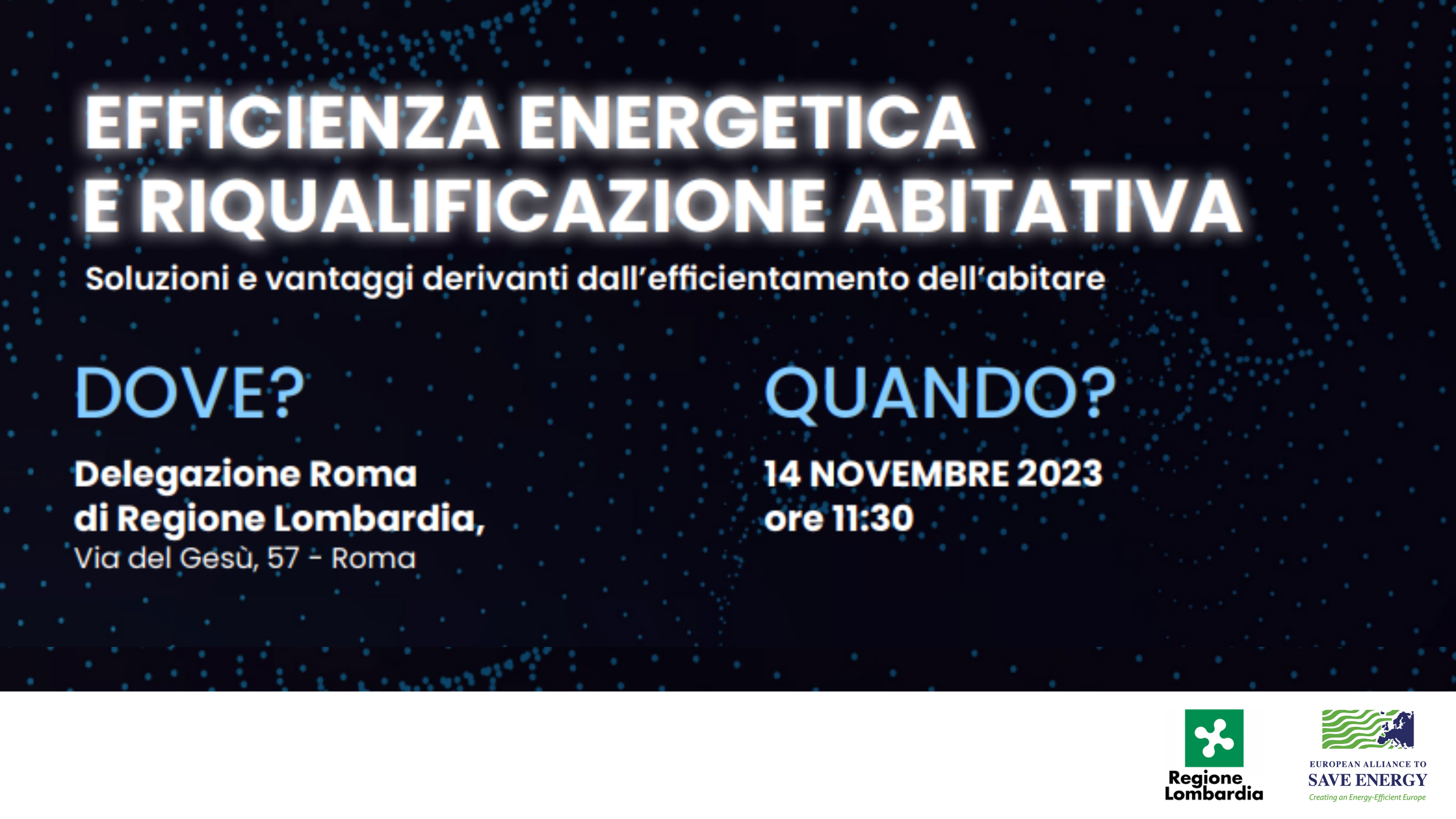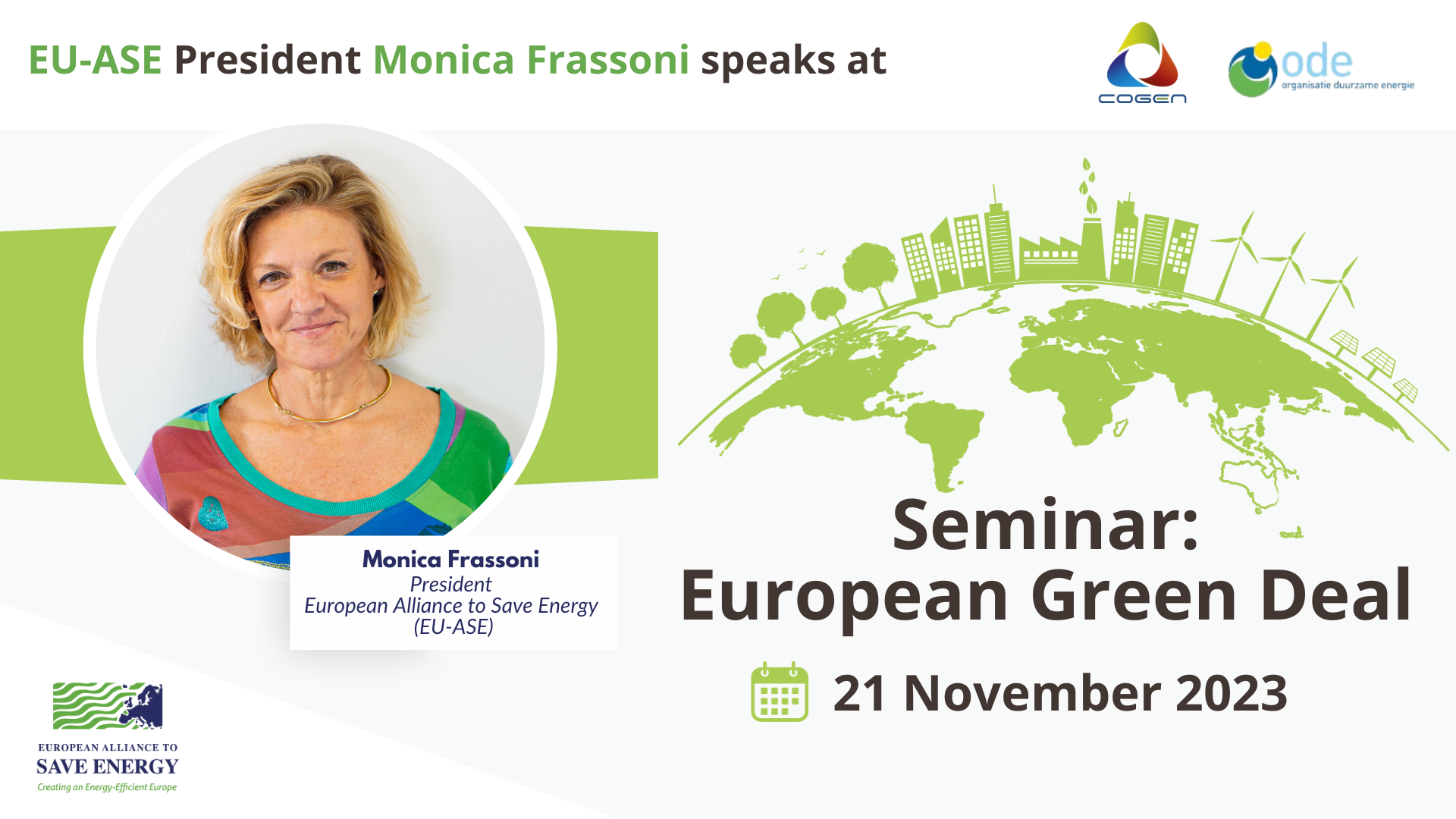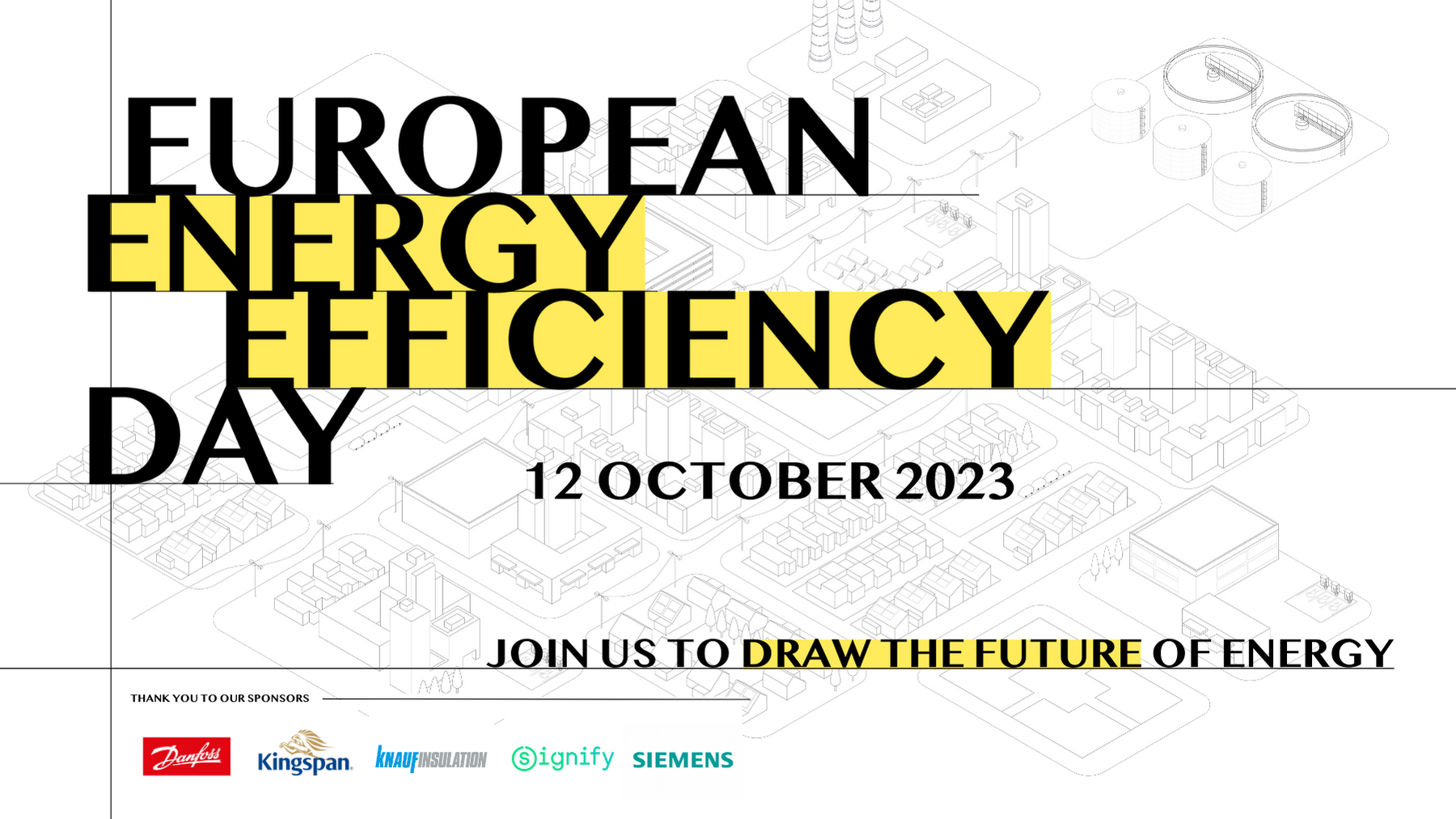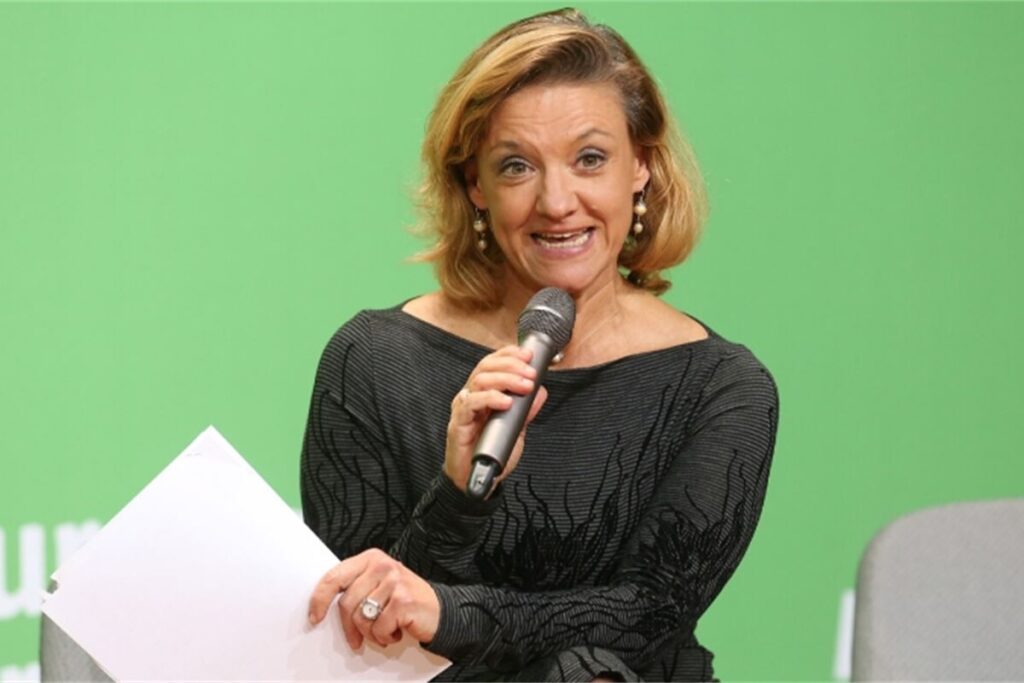EU-ASE & Regione Lombardia event: Energy efficiency & housing renovation (Efficienza energetica e riqualificazione abitativa)

On 14 November 2023, the European Alliance to Save Energy (EU-ASE) in collaboration with Regione Lombardia organised an event in Rome titled: Energy efficiency and housing renovation (Efficienza energetica e riqualificazione abitativa).
Taking place in the Lombardy Region Delegation office in Rome, the event served as a pivotal platform for industry leaders, experts, and stakeholders to discuss topics surrounding energy efficiency and housing renovation.
Speakers of the event included:
- Monica Frassoni, President of the European Alliance to Save Energy (EU-ASE)
- Paolo Buzzetti, President of ASPESI – Unione Immobiliare Roma
- Giorgio Maione, Councilor for Environment and Climate at Lombardy Region
- Erica Mazzetti, Member of the Environment Committee of the Chamber of Deputies and member of the Parliamentary Intergroup on Environmental Sustainability
- Patrizio Losi, President of Federcasa
- Felice Squitieri, Responsible for the Energy Department of Lega in the Region Lazio
- Gaia Balzarini, Global Industry Affair Director at Danfoss
- Nicola Badan, Country Standardization and Regulation at Schneider Electric







